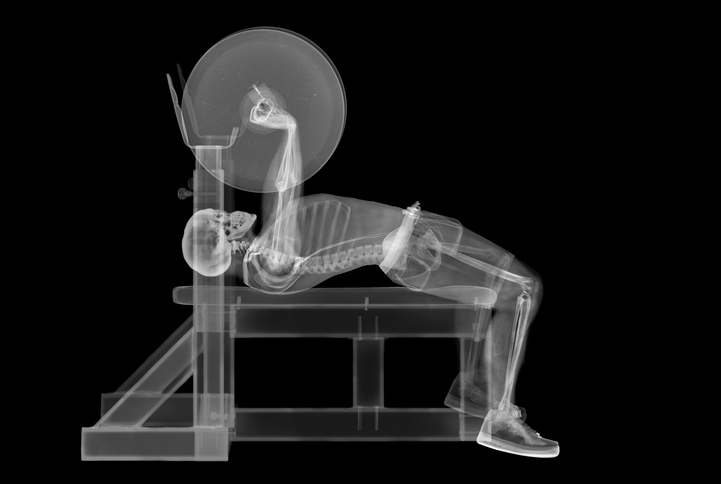Be Proactive and Invest In Your Bone Health

By Joy Stephenson-Laws, J.D., Founder
Did you know that the adult human body has 206 bones? Perhaps even more important, did you know that in general we begin to lose bone mass around the age of 40 (some medical sources say it’s more like 35 for women)?
“Bones are the framework for your body. Bone is living tissue that changes constantly, with bits of old bone being removed and replaced by new bone. You can think of bone as a bank account, where you make ‘deposits’ and ‘withdrawals’ of bone tissue,” reports the National Institute of Arthritis and Musculoskeletal and Skin Diseases (a branch of the NIH).
“During childhood and adolescence, much more bone is deposited than withdrawn, so the skeleton grows in both size and density. Up to 90 percent of peak bone mass is acquired by age 18 in girls and by age 20 in boys, which makes youth the best time to ‘invest’ in one’s bone health.”

Exercise is one of the best ways you can invest in your bone health, and don’t be discouraged if you are older. It’s never too late to be proactive about your health and make positive changes. And in addition to delaying the loss of bone mass and possibly helping prevent osteoporosis, exercise may help stave off bone cancer.
A research team that consisted of scientists from Nottingham Trent University who used real human bone cells found evidence which suggested that exercise may help prevent serious bone illnesses.
“They show for the first time that, following exercise, human bone cells trigger a series of events in the body linked to the cell cycle, DNA repair and cancer—including the 'P53' gene, which is a known tumor suppressor,” according to this recent Medical Xpress report that discusses the research.
Apparently, "exercised bone cells secreted proteins which are implicated in ossification, the natural process of bone formation and remodeling.”
Bone health is associated with improved cancer survivalThe report goes on to state that "the process of new bone formation and remodeling as a result of exercise could potentially leave little room for cancer cells, such as breast or prostate cancer, to invade the bones and to become established through metastasis. This same process could also contribute to the maintenance of bone mass and therefore limit the progression of osteoporosis.”
Cancer survival could significantly improve with exercise by preventing the actual spread of the cancer. More research is needed, but this is definitely motivation to get moving.
How much exercise is needed?
I cannot give a definitive set amount of time for exercise to achieve optimal bone health, however, if you are someone who is very sedentary, even just 10 minutes a day may be beneficial.
The general rule on exercise is that we should all aim to get 150 minutes (2.5 hours) to 300 minutes (5 hours) of moderate intensity exercise per week or 75 minutes (1 hour and 15 minutes) to 150 minutes of vigorous intensity exercise per week. If this sounds impossible to you, remember you can achieve these minutes over the course of the week. You do not have to do it all at once. And if you think you just don’t have the time, replace scrolling social media and watching television with walking or yoga. You can even do some light weights while watching your favorite television program.
Of course, if you have any injuries or existing health issues or are pregnant, be sure to seek the advice of a competent healthcare professional. It may also be helpful to look at this pH Labs blog on age and exercise. Cardio such as running or biking is great for your health, but know that resistance training is important when it comes to preserving bone mass.
Fuel Up! Read here to learn more about how to properly fuel your body for physical fitness.
Finally, it is very important to take routine nutrient tests in order to identify if you have any nutrient imbalances or deficiencies. If you do, a competent healthcare professional can work with you on making the necessary dietary changes and recommend quality supplements if necessary.
Also know that if you are older, you may really want to up your protein intake (especially if you are exercising regularly).
Enjoy your healthy life!
Disclaimer: This article is not intended to provide medical advice. Please consult with your doctor or another competent healthcare practitioner to get specific medical advice for your situation.
The pH professional health care team includes recognized experts from a variety of health care and related disciplines, including physicians, attorneys, nutritionists, nurses and certified fitness instructors. This team also includes the members of the pH Medical Advisory Board, which constantly monitors all pH programs, products and services. To learn more about the pH Medical Advisory Board, click here.







